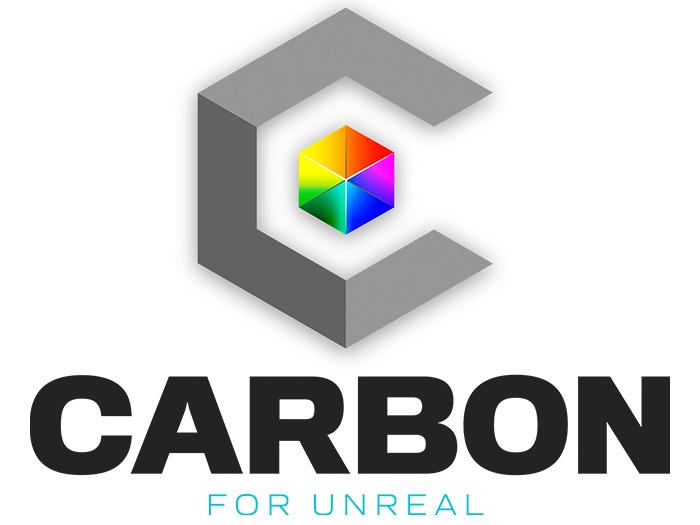Imaginary Labs has announced the release of its premium subscription-based DMX plugin, Carbon for Unreal.
Carbon for Unreal is a quantum-leap in the world of visualization, providing the tools and assets necessary for professional, real time productions within the powerful framework of Unreal Engine. Producers, designers, and virtual production professionals will now have a singularly powerful solution for design development, renderings, visualization, and XR productions.
With the subscription-based Carbon for Unreal visualization platform, Imaginary Labs now leverages their years of expertise in the live entertainment and events visualization business to solve challenges that have eluded previous visualization software developers. They have addressed the realism vs performance conundrum, created more efficient workflows with industry standard CAD software, and brought together all the production disciplines in a single visualization platform. Carbon is truly a “do-it-all” solution that enables the integration of lighting, video, moving scenery, special effects, and anything else that can be created within Unreal Engine.
David S. Perkins, CEO & Chief Architect of Imaginary Labs stated: “Trustworthiness is the most important aspect of visualization. We want users to trust that what they are seeing in Carbon is a realistic representation of what they should expect to see in the real world. We are devoted to getting this right. At Imaginary Labs, we subscribe to the scientific method, with an open mind towards constant improvement. Combined with our devotion to service, we have built a solid foundation that meets the demands of today and can evolve to meet the challenges of tomorrow.”
“Before Carbon there were no real-time tools to give designers, producers, and video professionals an amazing image quality with an easy-to-use workflow and interface,” noted, Tom Thompson, Chief Relationship Officer, Imaginary Labs. “Now with the Carbon for Unreal plugin we can offer tools and assets that had not been available for the needs of the entertainment and event industry. Carbon doesn’t just add to the possibilities of creativity during visualization, it enhances the entire visualization process. That is why we, and many of our beta-testers, consider Carbon for Unreal to be the long-sought silver bullet.”
Imaginary Labs’ robust Carbon for Unreal DMX plugin is compatible with Unreal Engine 4.25. 4.26, and Pixotope 1.4.2. It helps users create, rehearse, and broadcast, with design freedom only possible through impeccable visualization.
Create: Speed up the creation process—no more waiting for renderings. Design, iterate, and present ideas faster and show results in real time.
Program cues before load-in, using a console of choice. Client facing quality and accuracy.
The solution for virtual productions—integrate Carbon into your existing XR workflow to enhance your production with authentic and feature-rich lighting fixtures.
Library
By offering Carbon for Unreal as a subscription, users have access to an extensive and constantly evolving and expanding library, providing a wealth of options to create rich and interactive worlds for productions, events, and installations of all sizes. Among the many assets available in the library are lighting fixtures; truss; speakers; special effects; and staging.
Pipeline Tools
Flexible, data-driven workflow accelerates the design process. That is why Carbon for Unreal allows users to import their design from almost any software, import data from a CSV file, or build it directly within Carbon using its custom development tools. Carbon for Unreal will let users get up and running quickly so they can focus on creating.
Carbon Light System
The Carbon light system is built for accuracy. Accuracy in visualization is paramount at Imaginary Labs so we built our Carbon light system to meticulously replicate all the features of theatrical lighting fixtures. Currently supported features include multiple gobo wheels (rotating and static); calibratable CMY and RGB color mixing; animation wheels; rotating 4-blade framing mechanism; iris; zoom; prism; multi-plane focus; continuous rotation; multi-instance lamps; and many more.


